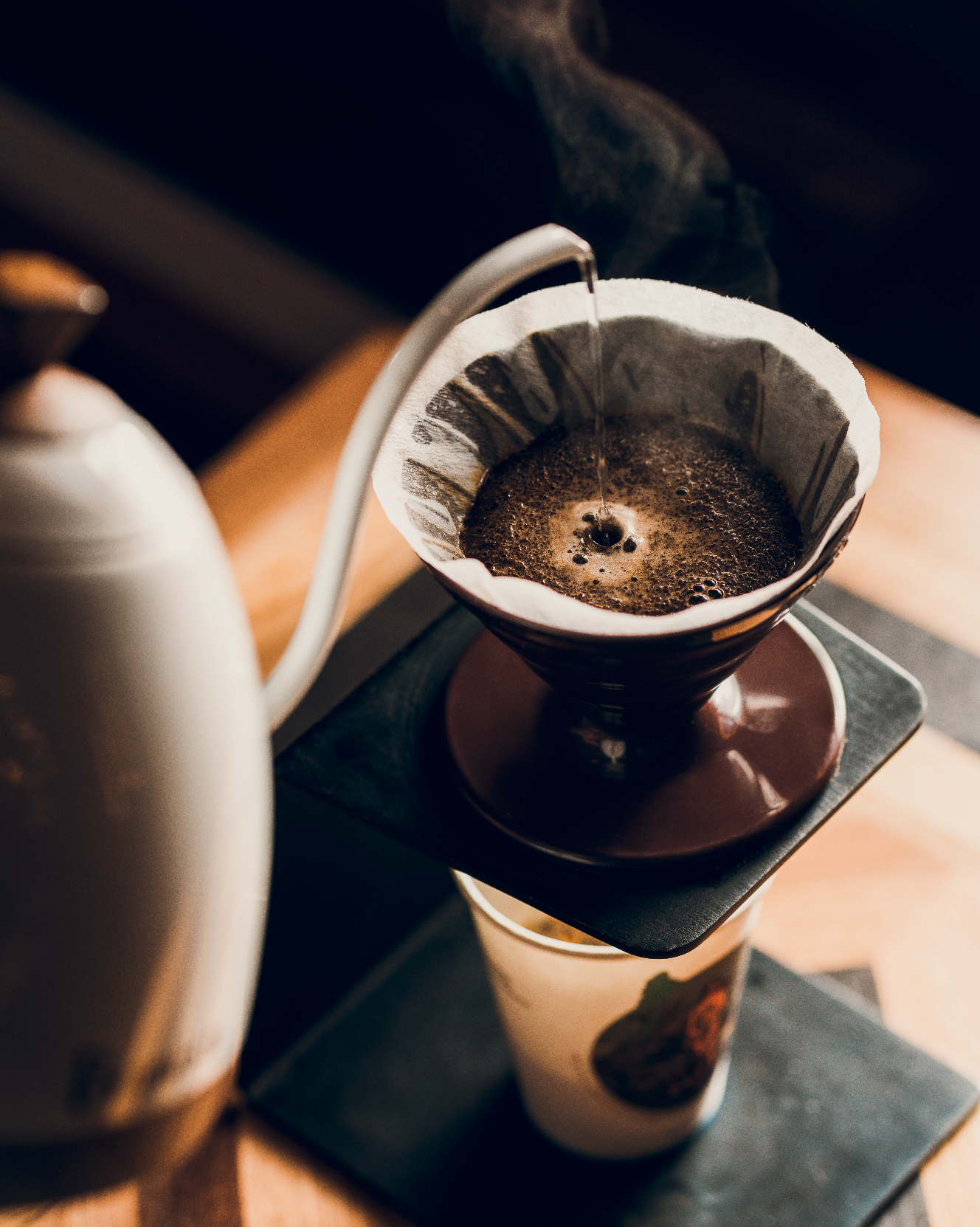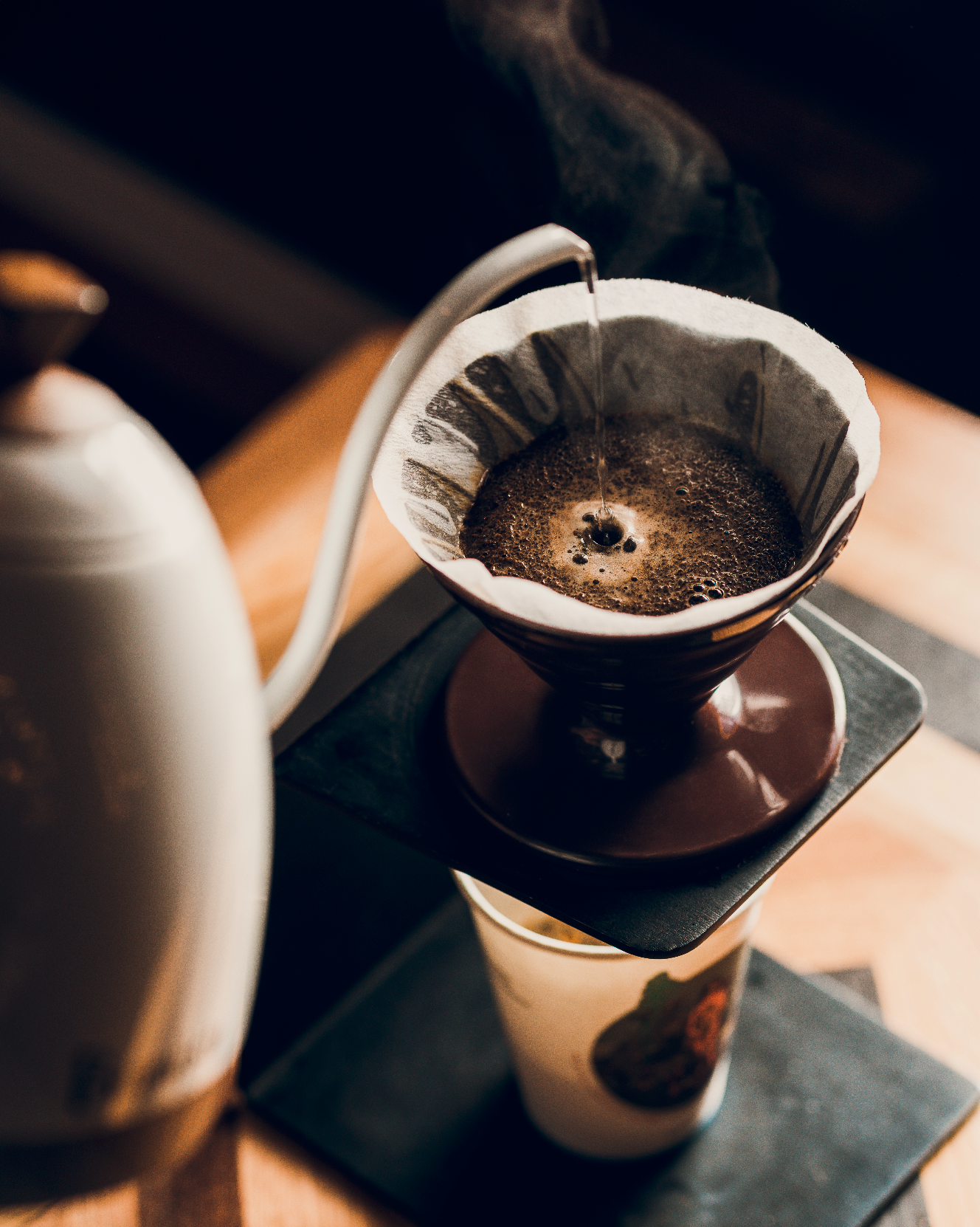
In our fast-paced world, sleep often takes a backseat to work, social activities, and the constant barrage of digital stimuli. Yet, sleep is one of the most crucial aspects of our health and well-being. Understanding the science behind sleep can help us make better choices to improve our rest and wake up feeling rejuvenated. Let’s explore how sleep works, why it’s essential, and what you can do to enhance your sleep quality.
Understanding Sleep: The Basics
Sleep is a complex physiological process that involves various stages and cycles. The two primary types of sleep are:
-
Non-Rapid Eye Movement (NREM) Sleep: This includes three stages:
-
Stage 1: Light sleep where you transition from wakefulness to sleep. It’s easy to wake someone up during this stage.
-
Stage 2: Deeper sleep where your heart rate slows and your body temperature drops. This stage helps with memory consolidation and learning.
-
Stage 3: Deep sleep or slow-wave sleep, crucial for physical restoration and immune function.
-
-
Rapid Eye Movement (REM) Sleep: This stage is characterized by rapid eye movements, vivid dreams, and increased brain activity. REM sleep is essential for emotional regulation, memory consolidation, and cognitive function.
A complete sleep cycle typically lasts about 90 minutes, and we go through several cycles each night. Adults generally need 7-9 hours of sleep per night to function optimally.
Why Sleep Matters
Sleep is vital for several reasons:- Physical Health: During sleep, the body repairs tissues, builds muscle, and strengthens the immune system. Poor sleep is linked to increased risk of chronic conditions such as heart disease, diabetes, and obesity.
- Mental Health: Quality sleep helps regulate mood and reduces the risk of anxiety and depression. It also enhances cognitive functions like memory, attention, and decision-making.
- Performance and Safety: Adequate sleep improves concentration, productivity, and overall performance. Conversely, sleep deprivation impairs judgment, coordination, and reaction times, increasing the risk of accidents.
The Science of Sleep Disorders
Sleep disorders can significantly impact your health and daily functioning. Some common disorders include:- Insomnia: Difficulty falling or staying asleep despite having the opportunity to sleep. It can result from stress, anxiety, or other health issues.
- Sleep Apnea: A condition where breathing stops and starts repeatedly during sleep. It often leads to fragmented sleep and can cause daytime fatigue and other health problems.
- Restless Legs Syndrome (RLS): An uncomfortable sensation in the legs that causes an irresistible urge to move them, often disrupting sleep.
- Narcolepsy: A neurological disorder characterized by excessive daytime sleepiness and sudden, uncontrollable episodes of sleep.
If you suspect you have a sleep disorder, consult a healthcare professional for proper diagnosis and treatment.
Tips for Better Sleep
Improving your sleep quality often involves making lifestyle changes and creating a sleep-friendly environment. Here are some tips to help you get the rest you need:- Maintain a Consistent Sleep Schedule: Go to bed and wake up at the same time every day, even on weekends. This helps regulate your body’s internal clock.
- Create a Relaxing Bedtime Routine: Establish a calming pre-sleep routine, such as reading a book, taking a warm bath, or practicing relaxation techniques.
- Optimize Your Sleep Environment: Make your bedroom conducive to sleep by keeping it cool, dark, and quiet. Invest in a comfortable mattress and pillows.
- Limit Exposure to Screens: Reduce screen time from phones, tablets, and computers at least an hour before bed. The blue light emitted by screens can interfere with melatonin production, a hormone that regulates sleep.
- Watch Your Diet: Avoid large meals, caffeine, and alcohol close to bedtime. These can disrupt sleep or make it harder to fall asleep.
- Stay Active: Regular physical activity can help you fall asleep faster and enjoy deeper sleep. However, avoid vigorous exercise close to bedtime.
- Manage Stress: Practice stress-reducing techniques such as mindfulness, meditation, or deep breathing exercises. Managing stress can improve your ability to fall asleep and stay asleep.
The Future of Sleep Research
Sleep research is an evolving field, with ongoing studies exploring new ways to enhance sleep quality and treat sleep disorders. Innovations in wearable technology, sleep tracking devices, and personalized sleep medicine are paving the way for more tailored approaches to sleep health.By understanding the science behind sleep and implementing strategies to improve your rest, you can enhance your overall well-being and wake up refreshed, ready to tackle the day ahead. Prioritizing sleep is not just about feeling rested—it’s a fundamental aspect of living a healthy, balanced life.

The Brew Theory of Pour Over Coffee
Why is it so tricky to brew a great pour over coffee? After all, at its heart, making a pour over is a simple process—pouring hot water over ground coffee dissolves flavor and aromatic compounds in the beans. The challenge lies in dissolving only the right kinds of compounds in coffee—and in the right proportion. To make a perfect pour over coffee is to find a coffee’s “sweet spot,” a balance of the extraction percentage and strength level we consider most delicious.
Coffee Strength and Extraction
When it comes to understanding strength and extraction, we find it helpful to compare coffee to a spice cupboard. Much in the same way spices are stowed away in a cupboard, an array of delicious flavors—aka volatile and soluble compounds—are locked inside roasted coffee beans. To be exact, coffee contains on average 30 percent soluble compounds and 70 percent insoluble compounds. But like any cook’s cupboard, it also contains a handful of flavors we don’t want—or want only in limited quantities—particularly bitter compounds that impart flavors of ash, tobacco, or carbon. What’s so fun about making a pour over coffee is how much control it gives you in pulling out exactly the right flavors at exactly the right ratio. It’s the Michelin-starred chef of coffee brew methods.
Coffee Strength
The concentration or intensity of flavor in a cup is what we refer to as coffee strength. On the palate, a coffee’s strength registers on a spectrum between watery and dense. In scientific terms, it can be measured by the percentage of dissolved coffee to water, a measurement we call the total dissolved solubles, or TDS.
For example, a well-made espresso has a TDS of between 9 and 20 percent coffee to water. By comparison, the more mellow pour over coffee has a much lower TDS of between 1 and 2 percent coffee to 98 to 99 percent water.
Strength is largely influenced by the amount of coffee you brew. In barista terms, this is referred to as the brew ratio or coffee dose. In lay terms, the more coffee you brew, the stronger the cup. At Blue Bottle, to set accurate brew ratios, we use gram scales to measure both our coffee and our water.
And we set individual brew ratios for all our coffees: We prefer our blends slightly stronger, to stand up to milk, so we generally brew them at 30 grams coffee per 350 grams water. We prefer our single origins more nuanced and expressive, so we “turn down the volume” a bit and keep their brew ratio slightly lower, at 22 to 24 grams coffee per 350 grams water.
If this seems like a lot to remember, a good way to assess a coffee’s strength is to judge its body. That is, the weight and feel of the coffee on your tongue. Does the coffee feel light like skim milk or heavy like whipping cream?
Coffee Extraction
Picture a cup of tea: Steep it too little and it will taste like water. Steep it too much and you have tar. Coffee behaves much the same way. Extraction is a measure of the quality of the solubles in coffee, which emerge at different rates the longer you brew. Those rates are influenced by time, temperature, and ratio of ground coffee to water. An underextracted coffee tastes sour. An overextracted cup is overwhelmed with bitter, even burnt flavors.
Ground coffee contains at most about 30 percent soluble compounds; the remaining 70 percent are fiber and other compounds that water cannot penetrate. But if you dissolve all 30 percent, your cup will not taste good. In a properly extracted cup of coffee, only between 18 and 22 percent of the coffee’s solubles have dissolved.
In pour over coffee, extraction is shaped by pour rate and pour patterns. It’s also impacted by grind size. Grind your beans too fine and the water will pass too slowly through the coffee, extracting too many bitter compounds. Grind them too coarse and the water will rush past the best flavor compounds, leaving you with a coffee that tastes only sour, not sweet or radiant. Grind your beans just right, and the optimal flavor compounds will dissolve in the water, leaving the undesirable flavors behind.
If this all seems like a lot to remember, a good way to assess extraction is by the coffee’s finish. Once you’ve finished a cup of coffee, pay attention to whether or not you can still experience its flavors. We often describe finish in terms of duration, how long the taste lingers, and texture, the feel of it in your mouth. Is the finish fleeting or does it linger? Does it feel smooth or rough?
Finding a Pour Over Coffee’s Sweet Spot
The trick to any method of coffee brewing is to hit the sweet spot—to balance a coffee’s strength and extraction percentage to achieve one delicious cup.
Now that you have an understanding of brew theory and the concepts of strength and extraction, we recommend you practice making a pour over coffee, perhaps altering the coffee-to-water ratio to see how flavors can either become more distinct (with more more water) or more opaque and textured, as happens with the addition of more coffee grounds. Notice if you have a preferred strength. Do your preferences depend on the kind of coffee you’re making, whether a lighthearted single origin or a hefty blend?
Play with the extraction quality, too, by honing your pour over coffee skills, from dialing in the grind to pour technique. Somewhere in this quest you’ll start to notice that your coffee becomes more resonant, with every aspect of it coming into clearer focus. Like notes played on a tuned-up piano, individual flavors start to ring, until the entire coffee, from its mouthfeel to its finish, hums like a chord progression.

Coffee is more than just a drink; it's a global phenomenon that transcends borders and cultures. From its mythical origins to its aromatic presence in cafes around the world, coffee has a way of bringing people together in a shared experience of bold flavors and rich history.
What makes coffee so special?
With each sip, coffee takes you on a journey through time and space, awakening your senses and invigorating your spirit. It's not just a beverage; it's a passport to different lands and traditions, a key to unlocking new perspectives and connections.
How can you embrace the coffee adventure?
Step out of your comfort zone and explore the diverse world of coffee. Try different brewing methods, sample beans from various regions, and immerse yourself in the rituals and stories that accompany each cup. Challenge your taste buds and expand your horizons with each new blend.
Why should you join the coffee revolution?
Coffee is more than just a drink; it's a lifestyle, a culture, a way of life. By embracing the coffee adventure, you open yourself up to a world of possibilities and experiences. You become part of a global community united by a love for the bold and the flavorful, the adventurous and the inspiring.
So, are you ready to embark on this coffee journey? Grab your mug, take a sip, and let the rich aroma of coffee transport you to new heights of taste and discovery. The world of coffee awaits, full of bold flavors and exciting experiences. Cheers to the coffee adventure!

In our fast-paced world, sleep often takes a backseat to work, social activities, and the constant barrage of digital stimuli. Yet, sleep is one of the most crucial aspects of our health and well-being. Understanding the science behind sleep can help us make better choices to improve our rest and wake up feeling rejuvenated. Let’s explore how sleep works, why it’s essential, and what you can do to enhance your sleep quality.
Understanding Sleep: The Basics
Sleep is a complex physiological process that involves various stages and cycles. The two primary types of sleep are:
-
Non-Rapid Eye Movement (NREM) Sleep: This includes three stages:
-
Stage 1: Light sleep where you transition from wakefulness to sleep. It’s easy to wake someone up during this stage.
-
Stage 2: Deeper sleep where your heart rate slows and your body temperature drops. This stage helps with memory consolidation and learning.
-
Stage 3: Deep sleep or slow-wave sleep, crucial for physical restoration and immune function.
-
-
Rapid Eye Movement (REM) Sleep: This stage is characterized by rapid eye movements, vivid dreams, and increased brain activity. REM sleep is essential for emotional regulation, memory consolidation, and cognitive function.
A complete sleep cycle typically lasts about 90 minutes, and we go through several cycles each night. Adults generally need 7-9 hours of sleep per night to function optimally.
Why Sleep Matters
Sleep is vital for several reasons:- Physical Health: During sleep, the body repairs tissues, builds muscle, and strengthens the immune system. Poor sleep is linked to increased risk of chronic conditions such as heart disease, diabetes, and obesity.
- Mental Health: Quality sleep helps regulate mood and reduces the risk of anxiety and depression. It also enhances cognitive functions like memory, attention, and decision-making.
- Performance and Safety: Adequate sleep improves concentration, productivity, and overall performance. Conversely, sleep deprivation impairs judgment, coordination, and reaction times, increasing the risk of accidents.
The Science of Sleep Disorders
Sleep disorders can significantly impact your health and daily functioning. Some common disorders include:- Insomnia: Difficulty falling or staying asleep despite having the opportunity to sleep. It can result from stress, anxiety, or other health issues.
- Sleep Apnea: A condition where breathing stops and starts repeatedly during sleep. It often leads to fragmented sleep and can cause daytime fatigue and other health problems.
- Restless Legs Syndrome (RLS): An uncomfortable sensation in the legs that causes an irresistible urge to move them, often disrupting sleep.
- Narcolepsy: A neurological disorder characterized by excessive daytime sleepiness and sudden, uncontrollable episodes of sleep.
If you suspect you have a sleep disorder, consult a healthcare professional for proper diagnosis and treatment.
Tips for Better Sleep
Improving your sleep quality often involves making lifestyle changes and creating a sleep-friendly environment. Here are some tips to help you get the rest you need:- Maintain a Consistent Sleep Schedule: Go to bed and wake up at the same time every day, even on weekends. This helps regulate your body’s internal clock.
- Create a Relaxing Bedtime Routine: Establish a calming pre-sleep routine, such as reading a book, taking a warm bath, or practicing relaxation techniques.
- Optimize Your Sleep Environment: Make your bedroom conducive to sleep by keeping it cool, dark, and quiet. Invest in a comfortable mattress and pillows.
- Limit Exposure to Screens: Reduce screen time from phones, tablets, and computers at least an hour before bed. The blue light emitted by screens can interfere with melatonin production, a hormone that regulates sleep.
- Watch Your Diet: Avoid large meals, caffeine, and alcohol close to bedtime. These can disrupt sleep or make it harder to fall asleep.
- Stay Active: Regular physical activity can help you fall asleep faster and enjoy deeper sleep. However, avoid vigorous exercise close to bedtime.
- Manage Stress: Practice stress-reducing techniques such as mindfulness, meditation, or deep breathing exercises. Managing stress can improve your ability to fall asleep and stay asleep.
The Future of Sleep Research
Sleep research is an evolving field, with ongoing studies exploring new ways to enhance sleep quality and treat sleep disorders. Innovations in wearable technology, sleep tracking devices, and personalized sleep medicine are paving the way for more tailored approaches to sleep health.By understanding the science behind sleep and implementing strategies to improve your rest, you can enhance your overall well-being and wake up refreshed, ready to tackle the day ahead. Prioritizing sleep is not just about feeling rested—it’s a fundamental aspect of living a healthy, balanced life.

Coffee is more than just a drink; it's a global phenomenon that transcends borders and cultures. From its mythical origins to its aromatic presence in cafes around the world, coffee has a way of bringing people together in a shared experience of bold flavors and rich history.
What makes coffee so special?
With each sip, coffee takes you on a journey through time and space, awakening your senses and invigorating your spirit. It's not just a beverage; it's a passport to different lands and traditions, a key to unlocking new perspectives and connections.
How can you embrace the coffee adventure?
Step out of your comfort zone and explore the diverse world of coffee. Try different brewing methods, sample beans from various regions, and immerse yourself in the rituals and stories that accompany each cup. Challenge your taste buds and expand your horizons with each new blend.
Why should you join the coffee revolution?
Coffee is more than just a drink; it's a lifestyle, a culture, a way of life. By embracing the coffee adventure, you open yourself up to a world of possibilities and experiences. You become part of a global community united by a love for the bold and the flavorful, the adventurous and the inspiring.
So, are you ready to embark on this coffee journey? Grab your mug, take a sip, and let the rich aroma of coffee transport you to new heights of taste and discovery. The world of coffee awaits, full of bold flavors and exciting experiences. Cheers to the coffee adventure!
